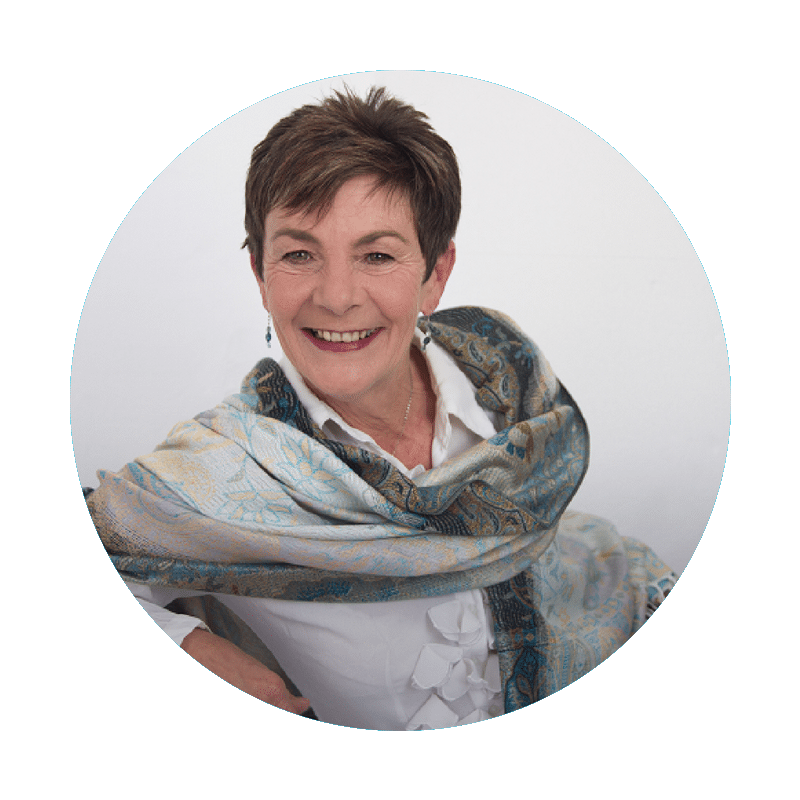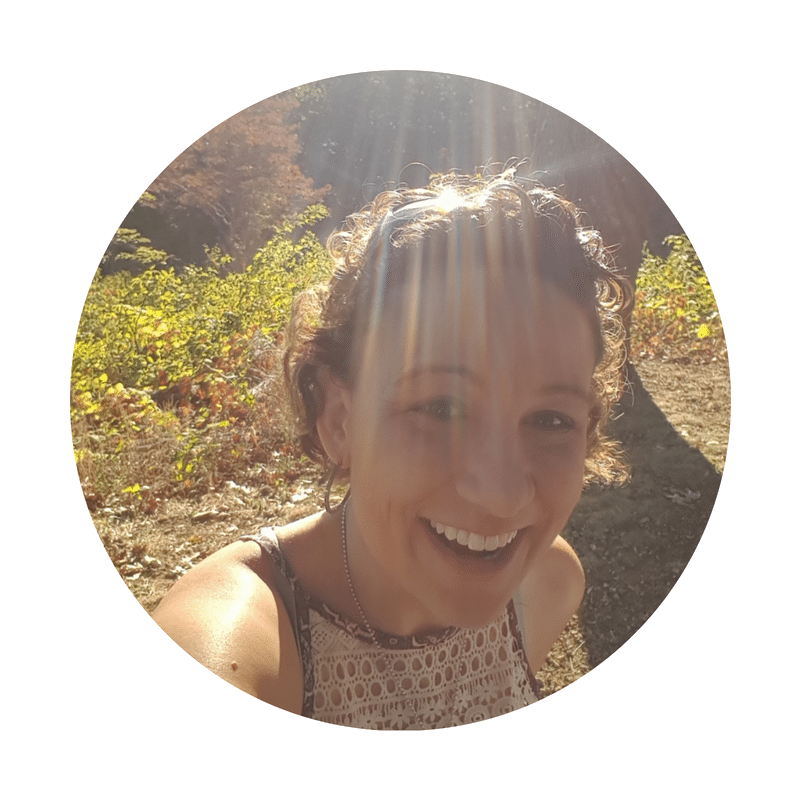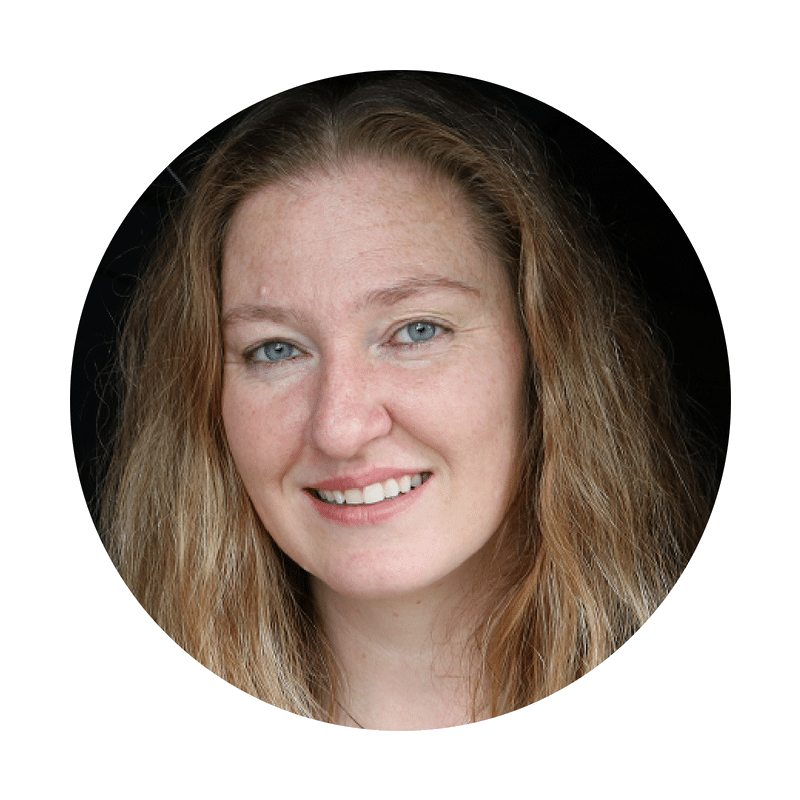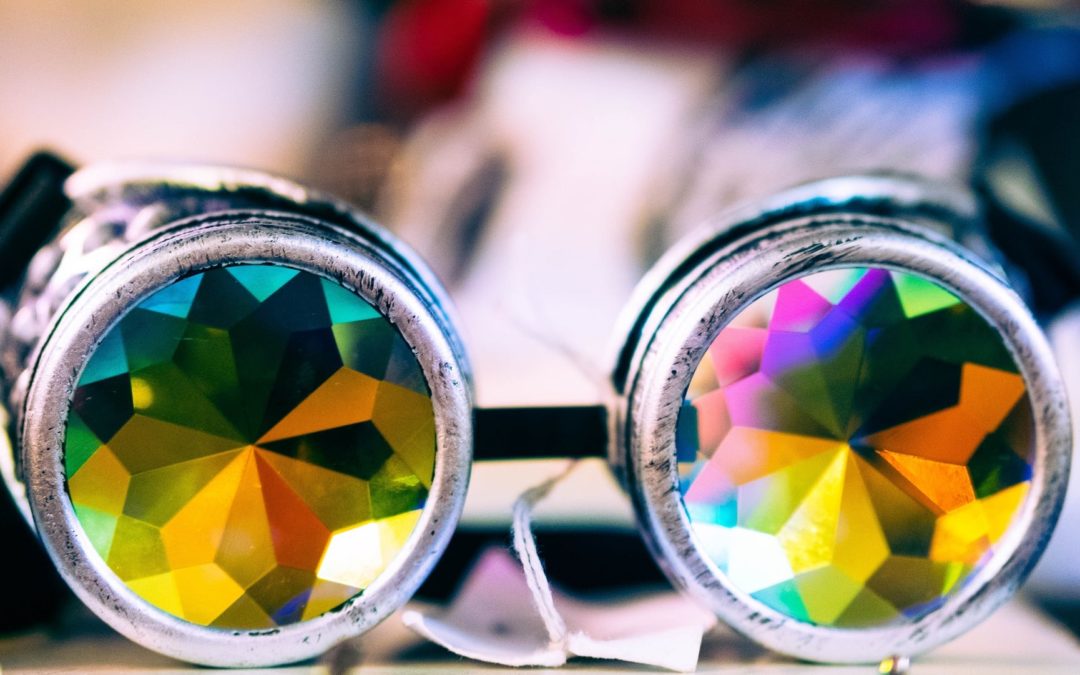
Zoom In
Zoom In
Holy shit. I need glasses.
Like clockwork, the switch for my blurry vision gene was flicked on the day I turned forty. I’m not sure why I was surprised. I’m the one who, for decades, was prepared for my period every fourth Tuesday at ten o’clock. Some women know the day or week to expect them, but if it got to half past ten, I’d convince myself I was pregnant.
‘It’s ten o’clock Tuesday,’ I’d whisper to Amanda as I passed her desk.
She often replied with a wink.
It was bizarre that my vision of life was becoming a whole lot clearer around the same time that my eyesight turned from crystal to frosted. What I had finally realised was that, as a perfectionist, my outlook was constantly clouded. Clouded by dreams. Such illusions projected an unattainable future, which accidently put my life on hold. I was forever waiting for the day when ‘everything would be sorted’ before taking action to start my ‘proper life.’ ‘That’s when the fun will begin,’ I kept telling myself.
Every little girl has a grown-up wish.
‘I’m going to be an actress, or a newsreader like Jana Wendt. And by the time I’m thirty, I’ll be married to a handsome prince and we’ll have two or three children.’
My reality was a tad different. I had suffered from Stockholm Syndrome for many years in unfulfilling jobs. I had settled for relationships with emotionally unstable or abusive men, and I had almost certainly missed any chance to have my own children.
Through my delusion, I held on to faith. My gut told me over and over that it would ‘all work out’. Who knows how long I would have kept floundering if I hadn’t received my wake-up call. The shock of my dad’s premature death, when I was thirty-six, shook the madness out of me and ignited my search for meaning. Before this, I was proud to strive for perfection. Proud to put other’s needs before my own. Innocent to the massive consequences.
For the first time, I challenged the fantasy I had accepted as my reality.
I looked closely at the vision that had been hijacked by other people’s agenda’s. My vision. What vision did ‘I’ have for my life? My outlook was inherited. I’d never asked the question.
‘Good girls do what they’re told,’ I’d heard.
Although my focus shifted inwards, my search for purpose expanded. Instead of being paralysed by fear and how the big scary world affected me, I began to explore. I had a poster on the wall, staring at me throughout my university days. A little girl with outstretched arms and the quote, ‘je vue vivre’ (I want to live). The desire was always within me, but I was too scared to put it into action. Now there was no option.
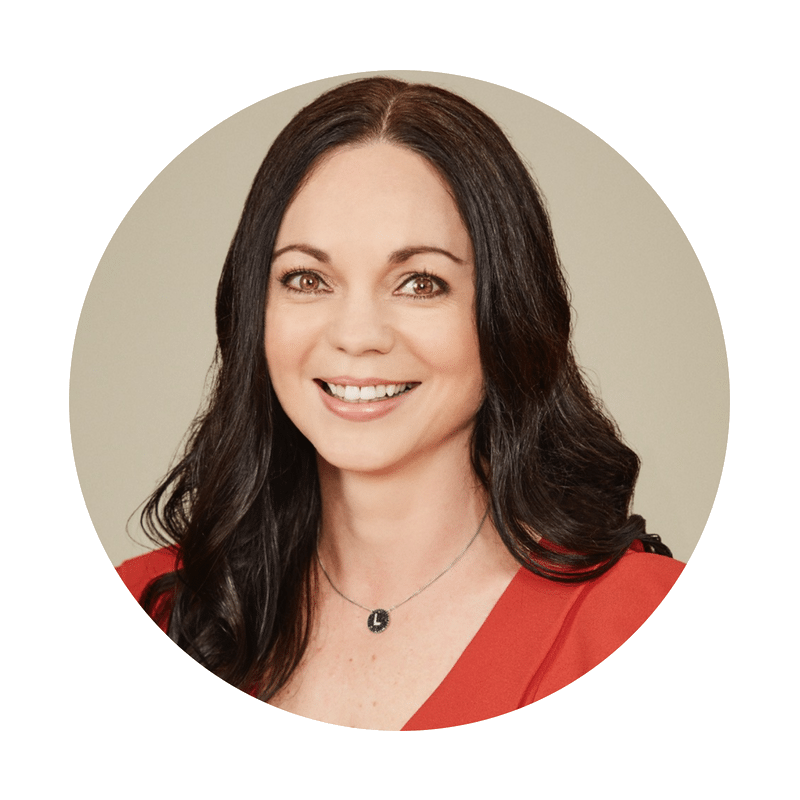
.
About Lisa
Lisa Benson is a self-diagnosed recovering perfectionist who skipped motherhood but became a grandmother in her early forties. She currently leads a ‘double life,’ living part-time at her home in Newcastle and the rest of the time on a boat on Sydney Harbour. Her writing travels with her whether she is on land or water. Lisa is currently working on her memoir which reveals how her ritualistic past is worlds away from the spontaneous life she now lives. Lisa’s dream is to help as many people as possible, to discover their soul’s purpose and live the life they were destined to.
Not only did I want to live, I wanted to connect and contribute. I wanted to make a difference. I wanted to go on an adventure. I wanted to find my place. My habitual future thinking had stopped me from taking even a tiny step forward. I had to learn to live in the ‘now’ instead of attempting to control months and years ahead. A time not even guaranteed. I zoomed right in, through the tiny hole in a kaleidoscope. As I watched the colours dancing around, life became more lighthearted and I became more playful. More myself. Finally, alive and in the moment. Viewing the world through younger eyes, with older ones.
Writing has played a major role in reaching some of those buried parts of myself. Once it was another old dream that had been dismissed. Like a balloon, I was pulled back by the string, when my natural tendency was to rise and be free. But writing is now a healthy part of my day, as essential as sleeping and breathing.
I’m not using other people’s words when I write. They’re all mine. I have the freedom to use my words with no reaction or response. The intense processing has helped me to zoom in on the truth, smashing through the layers that I thought were there to protect me. My therapy on the page. A tool I have used to reframe so much of my life.
Like how lucky I am to have changed my focus. To have opened my eyes to new possibilities. Otherwise I may have missed him. I finally did marry at forty-three. I never doubted we would find each other, but what I could not have predicted was that my handsome prince would also be a fifty year-old grandfather. Little girls don’t wish for that. But I had adjusted my vision.
The blurriness of life is often what brings the clarity.


